‘The Marvels’ Director Nia DaCosta Endorses Murdering One Individual In Order To Save The Many
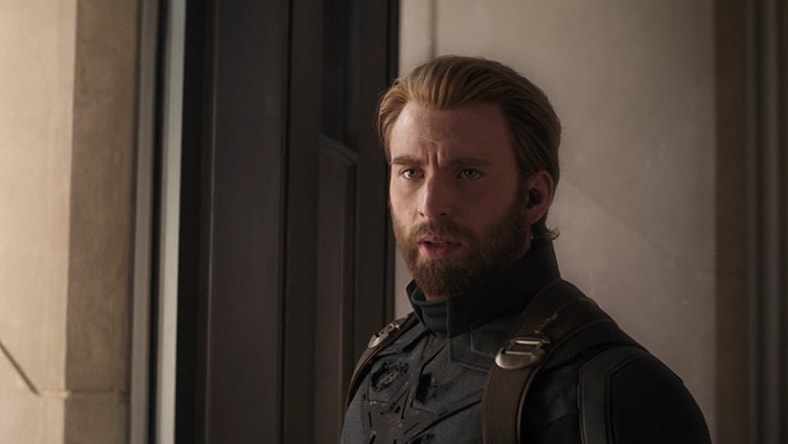
The Marvels director Nia DaCosta endorsed murdering one individual in order to save many while clarifying her comments about putting the blame on Captain America in Avengers: Infinity War.

Back in 2021, DaCosta gave an interview to Inverse where she put the blame for Thanos achieving his victory in Avengers: Infinity War firmly on Captain America.
She was asked, “When you were doing press for Candyman, you noted that racism tends to make people unwilling martyrs, which is so very true. We see it all the time. And superheroes are often unwilling martyrs, though under vastly different circumstances. Do you see a connection there?”
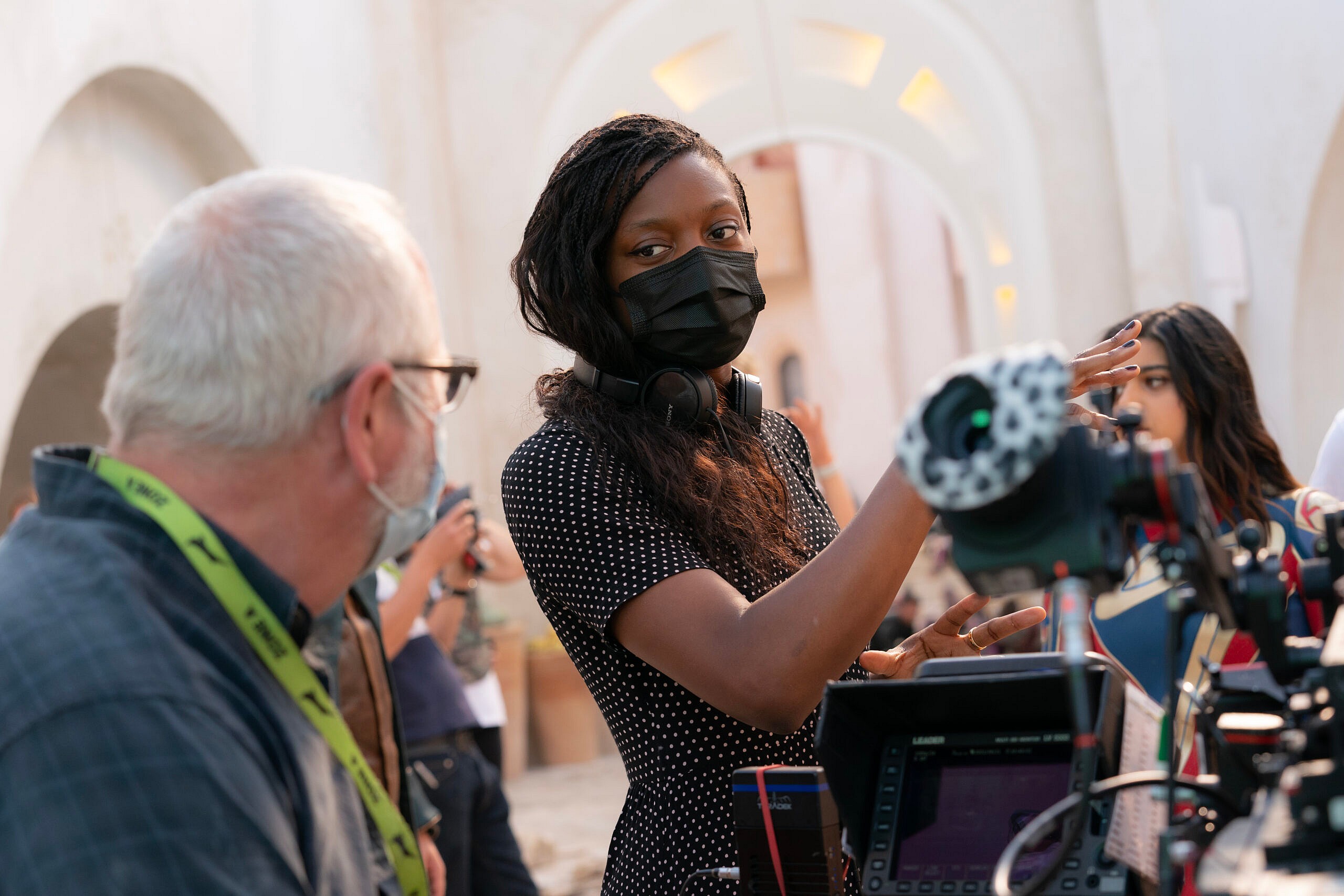
DaCosta responded, “Oh wow. I didn’t think about it in that sense, but I think Candyman, especially in the way we shifted his lore bit in my film, is a hero.”
She then commented on Captain America and the Snap, “Something I like to say a bit flippantly about Captain America is that the Snap is all his fault because he was trying to do his best, trying to do the right thing. There is a world in which he’s a villain because, at the end of the day, he should have just sacrificed Vision.”

She elaborated, “He chose one robot’s life, albeit a sentient one, over literally the entire universe. There’s a sort of anti-hero in that if you want to look at it through that lens.”
DaCosta continued, “People would say I’m crazy for thinking that way, but there’s something connected to the journey of the anti-hero and the hero. The hero’s pain is something that spurs them to martyr themselves, and an anti-hero’s pain is a thing that kind of starts their journey as opposed to ending it.”
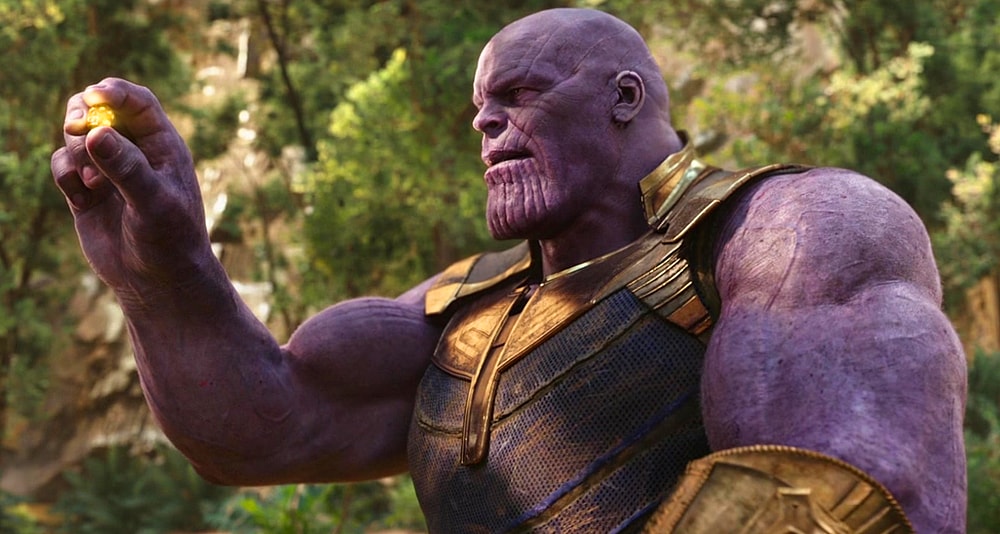
Speaking with ComicBook.com’s Phase Zero during a promotional tour for The Marvels, DaCosta provided more details about her comments.
She said, “So, here’s the thing: the reason why it’s his fault is the reason why he’s such an amazing hero, because he’s like, ‘We’re not gonna sacrifice anyone. There always has to be another way.’ He was incorrect. But then also, he was right in the end, ’cause everything was fine. We did lose some people that we care about, but it is his fault, because he should’ve just ripped that thing out of his homie’s head from the beginning.”
She added, “But then, again, that’s what makes him such a good character, and I think some of the amazing success of that first part of the MCU was those characters were so true to themselves, and they made sense. All of the decisions that they made, even if you didn’t agree with them, they made perfect sense to who they were. So, even though I blame him, I understand him.”
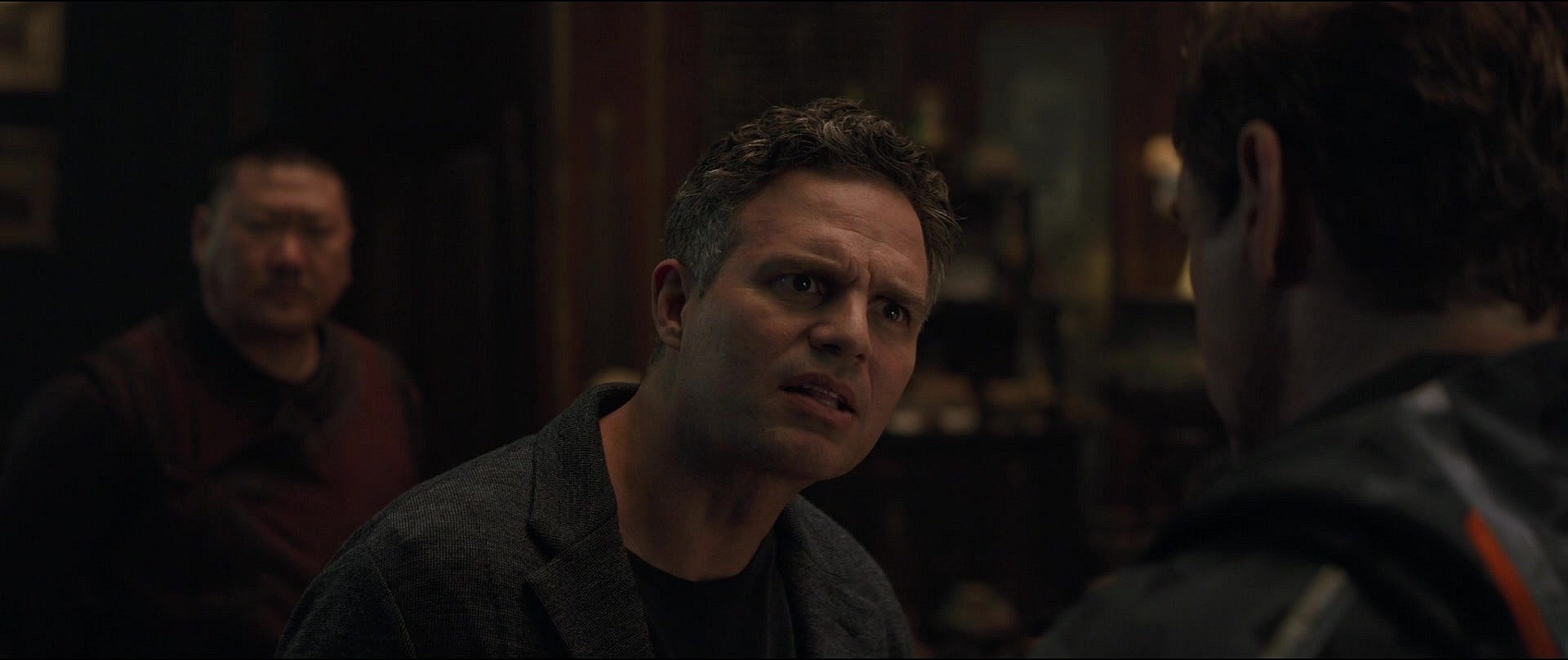
This type of thinking is immoral and is clearly disputed by Father Sebastian Walshe when he discussed the Trolley Problem on Catholic Answers.
Fr. Walshe first laid out two versions of the Trolley Problem, “The one version is that the trolley’s coming down and it’s going towards the five people; you pull the lever and it it goes down the other track and it hits the one person on the other track and kills him. That’s version one.”
He then laid out the second one, “Version two: the trolley’s coming down towards the five people, you run over and you shoot the guy, the one guy on the track, and then you switch the lever and the trolley runs over a dead guy, right, and then you get the same result, right? One dead guy.”
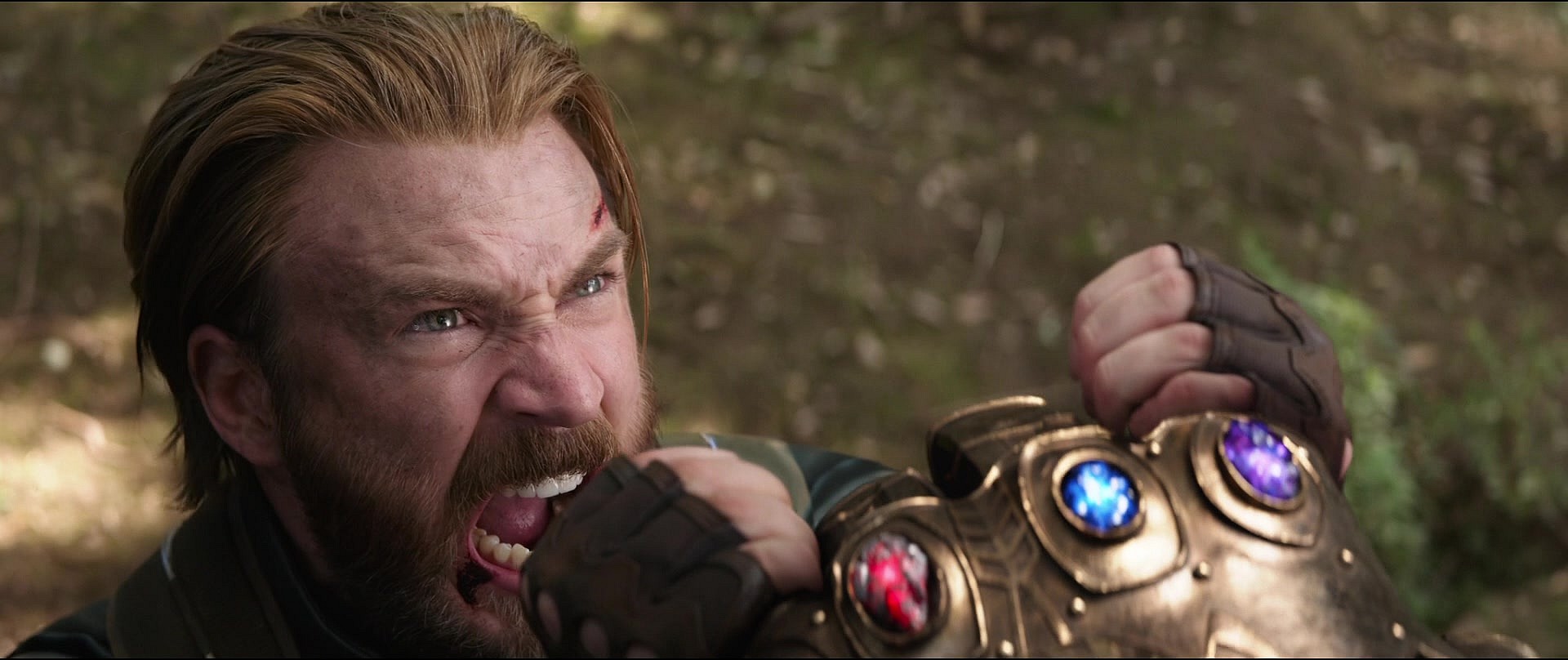
From there, Fr. Walshe explained the difference, “In the one case, what you have is: you directly did an act of murder, right? The object and the intention, the very object that you were intending in your act, was to kill someone. You murder the guy and then you let the trolley go on his side.”
He then contrasted, “Whereas in the case where you’re just pulling the lever for the trolley, the object there is to switch the trolley from one lane to the other, and it’s not intrinsically related to killing people, right? It happens that there’s someone on the track, and you foresee, as an effect of the act, that it will kill someone; but switching trolley car lanes is not intrinsically evil one way or the other, but it might have an effect that you foresee. And that’s way different than an object where you’re directly intending the death of someone.”

He explained, “So in that case what you have is the principle of double effect. And the principle of double effect says that as long as what you’re doing isn’t intrinsically bad, then you can look at the effects, and if both effects are going to be evil, you can choose the one with the lesser evil and it can still be a morally good act. So the answer, when all’s said and done in this kind of strange hypothetical—which probably never has happened in the history of the world and never will—but in this strange hypothetical, the answer is: you pull the lever so that it goes down the track with the one person.”
He then reiterated, “That’s assuming that the five people and the one person, there’s nothing else you know about them other than the fact that they’re human beings, right? There might be some other factor involved that could cause you to change your decision, but in any case, from the standpoint of that moral dilemma, it’s not morally wrong to change the direction of the trolley. That’s not intrinsically evil. It would be intrinsically evil to go up and kill a guy and then change the direction of the trolley so he runs over a dead guy, or something.”

What do you make of Nia DaCosta’s reasoning about why Captain America is to blame for the Snap?
